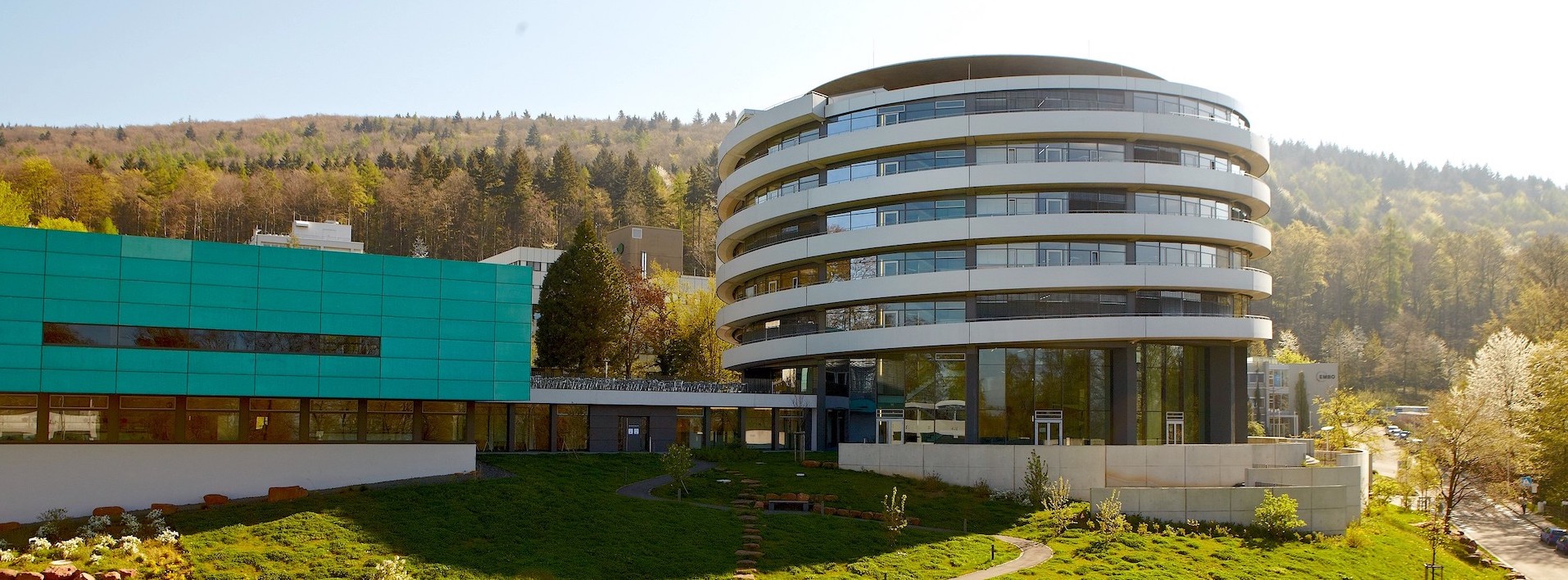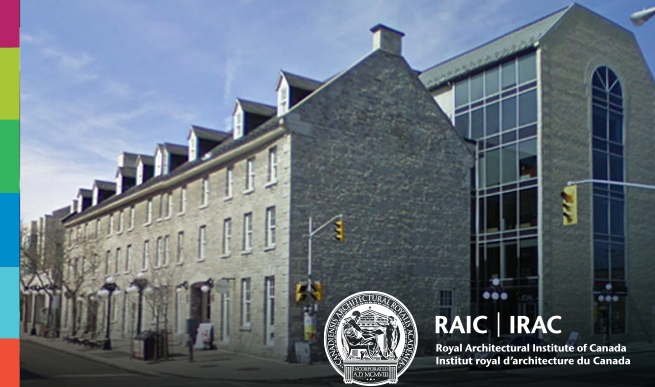
Postdoctoral Fellowships
EMBL Heidelberg
Redirection of autologous T-cells through bispecific antibodies is an important therapeutic principle to treat B cell lymphomas. Treatment responses differ strongly between patients. There is an urgent medical need for better understanding of resistance mechanisms, biomarkers for response prediction, and combinatorial targets for response improvement. Both tumour intrinsic, e.g., genetic and epigenetic alterations, and extrinsic factors, e.g. composition and functional state of the lymph node microenvironment, are of interest. We apply modern single-cell resolution omics and spatial assays, incl. highly multiplexed immunohistochemistry (CODEX/Akoya) and CITE-Seq. Our aim is to characterise tumors and their microenvironments within a prospective clinical study of patients treated with bispecific antibodies. This work takes place within the Transcan-3 project Bispecific antibodies in Lymphoma: Microenvironmental profiling to predict treatment response and uncover immunogenic resistance mechanisms (BIALYMP). This international collaboration combines biotechnological and computational research groups with clinical oncologists and is coordinated by Wolfgang Huber (EMBL).
We are looking for a computational biologist / bioinformatician / biostatistician who combines data-driven biological discovery research, requisite computational or statistical method development, and central management and integrative analysis of the research data. The position provides excellent opportunities for complementing your existing skills with new ones, building up your research profile in computational biology and biomedicine, and making a real contribution to improving patient outcomes.
The research group of Wolfgang Huber at EMBL develops statistical data analysis and machine learning methods for modern biotechnologies, applies them to biological and biomedical discovery, and translates them into reusable tools by engaging in open source software communities. The interdisciplinary and international team has strong collaborations with researchers in cancer and developmental biology. They use cutting edge experimental data to discover and understand biological processes and to develop new biomedical applications.
Your role
You will participate in the overall BIALYMP project and shape your own research profile in one or several of the following areas. The project setup allows for some flexibility in allocation of responsibilities according to qualifications and interests.
- Data analysis and discovery
- Develop end-to-end data analysis workflows using the R/Bioconductor and/or Python software ecosystems for bioinformatics, statistics and machine learning
- Discover exciting new insights from the data, often in collaboration with biomedical domain experts
- Test and benchmark existing and new single-cell data analysis and statistical methods
- Improve methods to your needs or develop new approaches.
- Data management
- Set up shared data storage spaces and metadata management that supports collaborative work, high-powered analyses and visualization, and open science practices such as FAIR data and software publication alongside with the scientific “papers”.
Closing date: 10 October 2023
- Contract duration: 3 years
- Grading: Stipend Year 1
- Reference number: HD02326
Related
You have
A PhD or equivalent qualification in a quantitative discipline (mathematics, statistics, physics, computer science, computational biology). Your expertise includes topics such as statistics of high-dimensional data, machine learning, representation learning, spatial statistics, scientific data visualisation. Proficiency in R and/or Python are required. We welcome applications that include samples of your prior work, such as GitHub repositories, quarto reports, thesis documents. We encourage applications also from candidates with little or no background in biology or medicine, and a keen interest to learn.
You might also have
A background in biological data science, are excited by making or contributing to biological discoveries, you are interested in interdisciplinary science, enjoy collaborative work and like to communicate concepts and results to other scientists in different fields of research.
Why join us
EMBL is curiosity-driven, community-oriented and international. As an inclusive, equal opportunity employer, we believe that diversity enables us to collaborate more effectively and be innovative in our approaches. We are, therefore, committed to creating an inclusive and flexible culture – one where everyone can realise their full potential and make a positive contribution to our organisation.
We encourage applications from individuals who can complement our existing team – we believe that success is built on having teams whose backgrounds and personal experiences reflect the diversity of the populations that our science serves. We actively encourage applications from all genders and cultures, ethnic groups and all demographics to help us avoid perpetuating biases and oversights at this transformational point in our people strategy.
EMBL offers attractive conditions and benefits appropriate to an international research organisation with a very collegial and family-friendly working environment. Competitive salary and social security benefits, financial support for relocation, a relaxed culture, professional development, an on-site nursery, canteen and other staff facilities make EMBL a great place to work.
What else you need to know
We are Europe’s flagship research laboratory for the life sciences – an intergovernmental organisation performing scientific research in disciplines including molecular biology, physics, chemistry and computer science. We are an international, innovative and interdisciplinary laboratory with more than 1900 employees from many nations, operating across six sites, in Heidelberg (HQ), Barcelona, Hinxton near Cambridge, Hamburg, Grenoble and Rome.
Our mission is to offer vital services in training scientists, students and visitors at all levels; to develop new instruments and methods in the life sciences and actively engage in technology transfer activities, and to integrate European life science research. The working language of the institute is English.
The initial contract is for a period of three years with the possibility of a fixed-term extension.
EMBL is a signatory of DORA. Find out how we implement best practices in research assessment in our recruitment processes here.
If you have any questions prior to your application for this job position, please contact Wolfgang Huber (wolfgang.huber@embl.org).
Please apply online through:www.embl.org/jobs
![Postdoctoral and Research Opportunities at McGill University [CA]](https://scholaridea.com/wp-content/uploads/2020/06/mcgill-university-30-may-2019-768x402.jpg)

